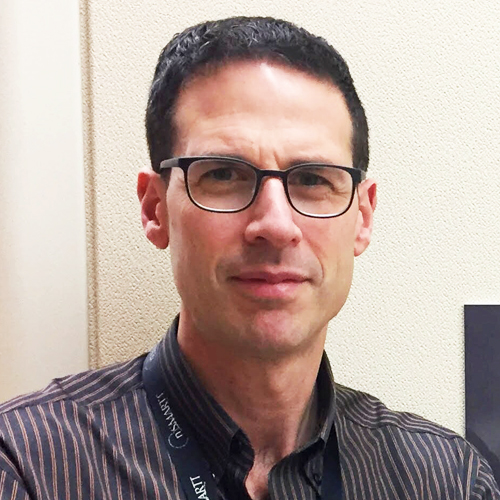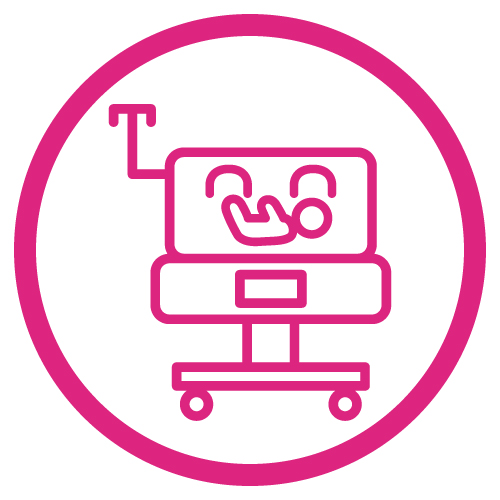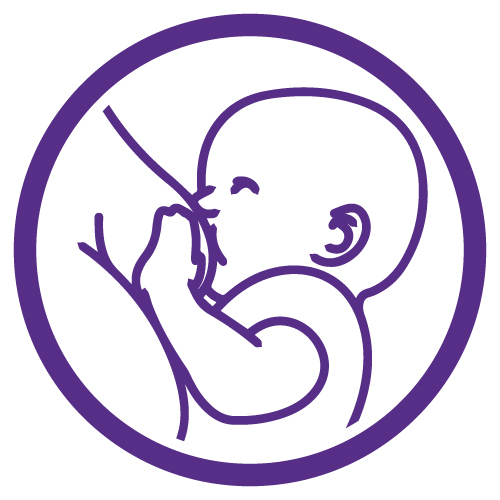 IBCLC Detailed Content Outline: Pathology / Infant Focused CERPs - Section III A
IBCLC Detailed Content Outline: Pathology / Infant Focused CERPs - Section III A
Access CERPs on Pathology / Infant for the IBCLC Detailed Content Outline recertification requirements. On-demand viewing of the latest Pathology / Infant focused IBCLC CERPs at your own pace.
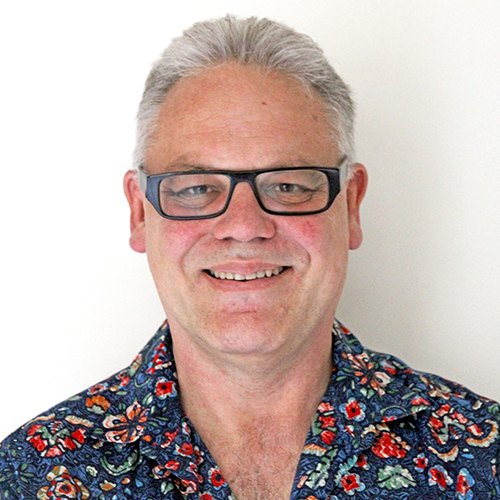

Dr Philip Hand practices in Melbourne, Australia . His certifications include: BDS (Otago N.Z.), FICCDE LA&HA Master in Laser Dentistry (Slovenia), MSc Laser Dentistry (UCSC – Rome). He is the Secretary of the International Academy of Innovative Dentistry (IAID) and Assistant Professor UCSC-Rome. Dr. Hand is interested and practices in all fields of general dentistry. These include Implant Dentistry, Endodontics, Periodontics and Orthodontics (POS Graduate). He is a devoted proponent of the use of the dental microscope and dental lasers. He is passionate about tackling the issues and treatment for infant feeding both breast and bottle, airway health and growth and sleep from a dental perspective. He works collaboratively with lactation consultants, maternal health nurses, paediatricians, paediatric osteopaths and chiropractors in the treatment of infants in this pursuit and is actively involved in teaching the importance of this treatment for our patients from infants to adults.
This presentation will look at new research into lingual frenulum restriction and its surgical release to achieve improvement in problems with reflux, breastfeeding and pain for the breastfeeding mother. I will also expand this into restrictive tethered oral tissues (lip-tie, buccal-tie) as a whole, as this was part of my published study into the laser surgical release of restrictive tethered oral tissues on breastfeeding and Gastroesophageal Reflux Disease (GERD). Learn more about the impact of surgical release (frenotomy) of tongue- tie, lip-tie, buccal-tie on both reflux and breastfeeding outcomes for the classically recognised anterior tongue-tie and the less obvious (without functional assessment) posterior tongue-tie. Posterior tongue-tie was noted in 71% of the study cohort.
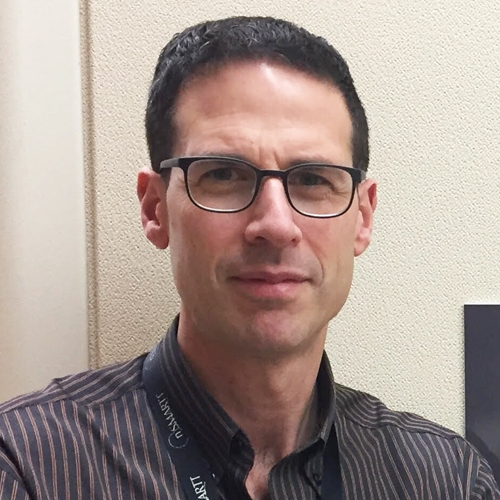

Dr. Narvey began his training in Pediatrics at the University of Manitoba in Winnipeg where he completed a year of further training in Neonatology. This was followed by two years of Neonatal fellowship at the University of Alberta in Edmonton. Afterwards he began his career as a Neonatologist in the same city and over the 6 years he spent there, his career included both clinical and administrative duties including 4 years as the Fellowship Program Director and two years as the Medical Director for a level II unit. In late 2010 he accepted a position in Winnipeg to become the Section Head of Neonatology and continues to hold this post. In 2016 he took on the additional role of Medical Director of the Child Health Transport Team. In 2015 he became a member of the Canadian Pediatric Society’s Fetus and Newborn Committee and in 2019 took over as Chair of the same. His interests predominantly lie in the use of non-invasive technology to minimize painful procedures during an infants stay in the NICU. He is active on social media and has a passion for fundraising and is an active board member of the Children’s Hospital Foundation of Manitoba.
Topic: Human Milk Diet and Fortification: Controversies and Evidence - [View Abstract]
Topic: Many Different Shades of Yellow - [View Abstract]
Topic: Respiratory Problems in the Newborn: Where Are We in 2022? - [View Abstract]
Topic: Sweet and Sour: Hypoglycemia in the Newborn - [View Abstract]
Newborns may develop respiratory distress for a number of reasons. Using a case study approach, several conditions will be explored with emphasis on what the standard of care is and what is the latest in our 2022 toolbox for treating them.
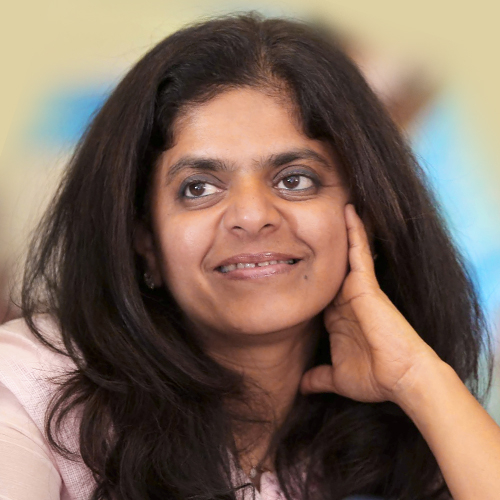
Rethinking Surgical Tools - Infant Frenotomy & Pain

Effath Yasmin is India's leading Biodynamic Craniosacral Therapist, an award winning International Board Certified Lactation Consultant & a Documentary Film Maker. She is also an International Speaker, an Author & a Bach Flower Practitioner.
Her special interests lie in Infant Oral, Sucking & Airway Dysfunction, Tongue Tie, Birth Trauma, Craniofacial Development and a range of chronic physical and mental dis-eases & quantum energy phenomenon. She applies these sciences into Life Coaching, Inner Child Healing and Parenting. Her approach stems from fundamental truth of human organism is complete and self-regulatory and treatment & counselling approach is by deep listening & true empathy to mind body and spirit rather than by intervention.
She currently sits on several national & international professional boards.
She has spear-headed & dedicated her life to many projects with a central mission of advocacy, education and awareness for integrative multidisciplinary wellness approach worldwide. Her work has been published in the International Journals & a textbook and she writes extensively on print and digital media on the subjects of Breastfeeding, Tongue Tie, Parenting & Health related subjects.
Her international award winning film 'Untying Breastfeeding' exposes the glaring unseen obstacles to Birth & Breastfeeding & early parenting that can help restore motherhood and has been widely celebrated over 1500 Cities worldwide. She is currently pursuing her Ph.D. in Metaphysical Sciences.
Topic: Rethinking Surgical Tools - Infant Frenotomy & Pain - [View Abstract]
Topic: Trauma Informed Care in Clinical Infant Oral Assessment: Understanding Body Autonomy - [View Abstract]
Ankyloglossia (tongue tie) impacts and can impair normal oral function in infants leading to a myriad of complications with breastfeeding. Increased awareness of this impact has led to increased diagnosis and treatment of tongue tie through frenotomy/frenectomy. These procedures are typically completed using one of two tools: scissors or laser and sometimes cautery. While the methods are equally effective when completed by a competent practitioner, the blood coagulation of the surgical incision made by a laser is cited as an major advantage in laser surgeries along with great advantage of visibility at the surgical site by the surgeon. Therefore laser release is widely perceived as superior to scissors in the recent development in LASER FRENECTOMIES.
There has been very little research that has been published on the post-procedural effects of surgical tool used. In her practice, the author has noted significant and consistent patterns in post-procedure pain, correlating to which tool is used for the release. This presentation attempts to highlight that it is critical we study the scale of pain experienced by infants post frenotomy in correlation to tool of surgery since Pain affects babies' nervous systems potentially changing the structure and physiology of the nervous system and be a cause of problems with sleep, feeding, and self-regulation. The Author will review specific data measurements that demonstrate these patterns, and present a theory for potential reasons of prefering one tool over the other for low risk Infant Frenotomies.
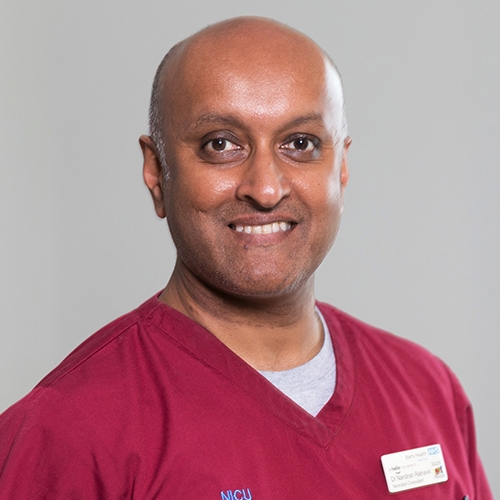

Dr Nandiran Ratnavel has been a Consultant Neonatologist at The Royal London Hospital, Barts Health NHS Trust for 16 years. He is Director of The London Neonatal Transfer Service and Joint Clinical Lead for North East and Central London Neonatal Services. He serves as joint implementation lead for In Utero Transfer Services in London and has recently taken up a position as Neonatal Clinical Lead for the London Maternity and Neonatal Safety Improvement Programme. Finally he has a role as clinical reviewer for the Independent Maternity Services Oversight Panel for the Welsh Government.
Retrieval medicine is associated with certain hazards. These can affect the patient or staff. Avoidable adverse events often arise as a consequence of suboptimal communication, drug error, inadequate preparation or equipment failure. Applying the principles of risk management and clinical safety is essential. To understand issues associated with neonatal transport one needs to look at the infrastructure of transfer teams, arrangements for governance, risk identification, incident reporting, feedback and learning from experience. One also needs to look at audit processes, training, communication and ways of team working. Adherence to current recommendations for equipment and vehicle design are also vital. Benchmarking between services and sharing best practice with a view to optimising safety and reducing risk is recommended.
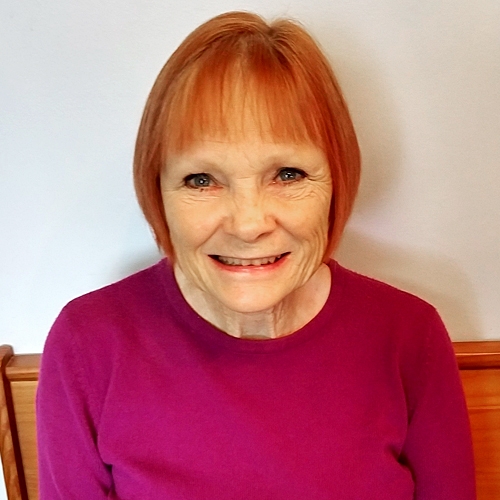
Sensory Integration and Breastfeeding

Nancy has been providing breastfeeding help and support for 40 years and has been a national speaker for 30. She has been a perinatal educator and consultant since the late 1970’s. Her second career is that of a Marriage and Family Therapist. Her passion is to explore the larger picture of the mother-baby dyad in the context of the breastfeeding relationship.
Topic: Teens and Breastfeeding - [View Abstract]
This session will look at sensory integration problems, now known as Sensory Processing Disorder. How might these difficulties impact the breastfeeding dyad and the family? We will describe this and present ideas on how to minimize the problems and support breastfeeding.
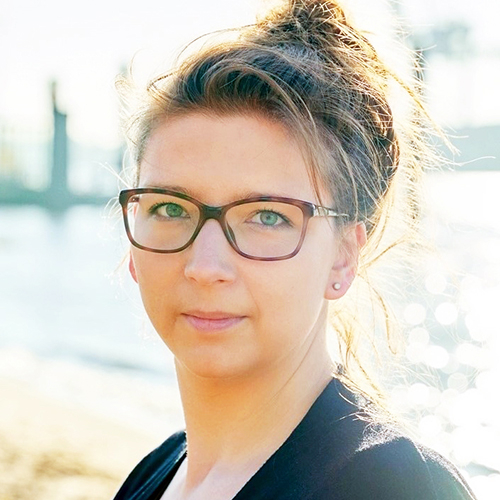
Sucking Disorders in Children with Neurological, Muscular, Genetic or Anatomical Diseases

Lina Mazzoni is a Lactation Consultant, IBCLC with a Bachelors Degree in Speech and Language Therapy. Since 2013 she has been working primarily with children and specialized in the treatment of sucking, swallowing and feeding disorders. In 2019 she became a Lactation Consultant to be able to work equivalent with the children and the mother. As a working mom she worked part time as a Lactation Consultant in a hospital in Hamburg, started her own privat practice in 2019 and since october 2021 she works exclusively in her private practice as a lactation consultant and SLT. She also works as an Instructor in lactation education and further education regarding feeding developement and disorders . Lina has two children and lives with them and her husband in Hamburg, Germany.
Topic: Sucking Disorders in Children with Neurological, Muscular, Genetic or Anatomical Diseases - [View Abstract]
For an infant, breast/chestfeeding and sucking is the normal form of feeding. If an infant is born with an underlying neurological, muscular, genetic or anatomical disease or if neurological changes occur due to complications, this form of feeding may be disturbed. Since the interaction of breathing-sucking-swallowing requires the coordination of over 60 muscles and several cranial nerves, even small changes in physiology can throw the system out of balance. Congenital-Heart-Disease, Down Syndrome or a disorder of the central nervous system due to pre- or postnatal trauma, infection or structural defect differ in their symptoms, but what they all have in common is that sucking and oral intake of food can be impaired. When working with infants or lactating parents, children with sucking disorders due to an underlying disease may also be present. It is important to know which underlying diseases can have an impact on sucking and how the children and families can be supported to enable or improve oral feeding and to be able to assess which interdisciplinary team would be useful to ensure the best possible care.


Sejal is an International Board Certified Lactation Consultant (IBCLC) in private practice and an infant massage educator in Hillsboro, Oregon, USA. She combines her professional expertise with her personal instincts as a mother and a supportive team member.
She holds a Bachelors in Microbiology and Clinical Laboratory Science.
She also brings with her the following comprehensive toolkit: Certified Educator of Infant Massage, Formerly Certified in skin-to-skin care for full term infants from the United States Institute of Kangaroo Care Certified Provider of Innate Postpartum Care.
She has presented nationally and internationally for GOLD lactation, ILCA, community colleges, local lactation organizations.
As a lactation consultant, she believes that every individual needs to be educated about breast health, optimal infant feeding and how breastfeeding support is a basic human right and can impact world health globally.
She strives to help each family by continuing to learn all she can about breast health, breastfeeding ecology, breastfeeding movement and parent-infant connection using the neurobiological and infant mental health lens.
When she’s not with her clients, you can find her at home in Hillsboro, Oregon, USA, listening to bollywood music, hanging out with friends and spending time with her family.
Topic: Calm & Regulated: Rethinking Our Approach to Latch and Positioning - [View Abstract]
Topic: Teaching Infant Facial Massage to Parents to Support a Functional Latch - [View Abstract]
Background: The benefits of massage have been shown in many research studies. Massage relieves stress, pain and muscle tension. We expect to show that the same benefits can be achieved when facial massage is used to optimize a baby’s oral structures to support a functional latch.
Method: We hope to use facial massage as a tool for babies that do not have an optimal latch. Babies born with gestational constraints, traumatic birth, exposure to stress during pregnancy or babies with tethered oral tissues may benefit from a parent massaging their face. Attendees will have access to handouts and a video link and may use their own face to practice the facial massage strokes.
Results: Building strength by oral and facial muscles, relaxing tension in the jaw, the lips, the muscles around the lips, and muscles of facial expression may help optimize the latch and hence prevent nipple damage.
Conclusion: IBCLCs can have an extra tool in their toolkit to offer to new parents. Facial massage techniques to support a functional latch can increase a parent’s confidence in caring for their baby, while increasing the levels of oxytocin and thereby promoting parent-infant bond

View Details / Enroll
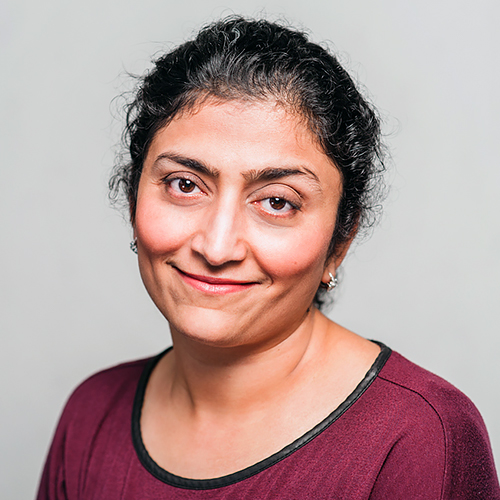
View Details / Enroll


Autumn R. Henning, MS, CCC-SLP, is a certified and licensed Speech-Language Pathologist with Certificate of Clinical Competence from the American Speech-Language Hearing Association (ASHA). She graduated Magna Cum Laude from the University of Kentucky with her Bachelor’s and Master’s Degrees in Communication Disorders. Autumn is a recognized provider by Ankyloglossia Bodyworkers, has been a guest presenter for Creating a Care Plan for Tongue Ties and delivered a webinar through Innara Health entitled Tethered Oral Tissues: What’s a Therapist to do?. She has served on local breastfeeding professional panels and delivered numerous presentations to parents and medical professionals. Autumn has completed specialty continuing education including Beckman Oral Motor, Vital Stim, and Foundations in Myofascial Release for Neck, Voice, and Swallowing as well more than a dozen professional courses on pediatric feeding and related topics. She is pursuing further education in the areas of lactation and orofacial myology. Autumn has experience working in the school system, early intervention, an ABA center and outpatient clinics including a nationally award-winning intensive feeding program. Autumn currently specializes in pediatric feeding at a non-profit outpatient clinic in Greenville, SC and serves on the board. She recently founded a continuing education company, Chrysalis Feeding, LLC. The flagship course is TOTS: Tethered Oral Tissues Specialty Training that launched this Fall.
This presentation is an introduction to tethered oral tissues and their impact on oral function beyond breastfeeding. Participants will learn about the oral skills necessary for proper speech and solid feeding and how tethered oral tissues alter this optimal function. Participants will learn how to effectively communicate with patients, families, and other medical professionals on this topic and make appropriate referrals with recognition of signs and symptoms affecting oral function.
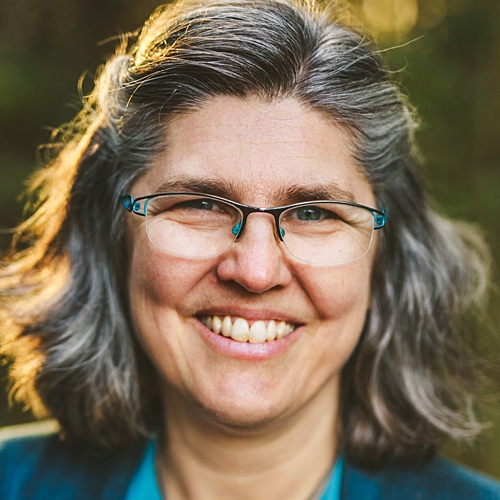
The Compensatory Mechanics of Suck for Babies with Oral Tethering: How to Identify and Treat after Revision

Ellen Chetwynd PhD MPH RN BSN IBCLC is a breastfeeding researcher, lactation consultant, and advocate. Her goal is to provide excellent care that is innovative and effective. Her clinical care is equally informed by, and leads to, her research and collaborations with fellow scientists. She is an advocate of breastfeeding families of all shapes, as well as the providers who care for them. Through her work as Chair of the North Carolina Breastfeeding Coalition she has contributed to the statewide work to provide Medicaid reimbursement in North Carolina, successfully funded a project to support clinics seeking to become breastfeeding friendly and increase access to equitable support of breastfeeding, implemented a statewide breastfeeding summit, and created an interactive statewide resource listing for breastfeeding resources at the county level. In her lactation consulting work, she is sought out by parents and clinicians for her work with difficult cases of pain and dysfunctional infant suck. She is a prolific writer, and her research and publications cover topics including breastfeeding and metabolic health, reimbursement for lactation consulting, LGBTQI+ families, and breastfeeding research methodology. She recently created and co-taught a full day workshop on breastfeeding research methods, and gets fired up about the numbers behind what we do to support families. At Next Level Lactation LLC, she and her partners provide advanced lactation educational opportunities.
Babies with oral tethering don't have access to the full range of motion needed to create negative pressure at the back of their mouths so they can draw milk out of the effectively and painlessly. We can all assess the latch, but what is happening with the tongue, the breast and nipple, and the other muscles involved in the mechanics of suck after the baby’s mouth closes over the breast? How do we identify compensatory mechanisms convince babies to change them with the broader mobility they have after frenotomy? This presentation will teach participants how to visualize/experience normal infant suck. Compensatory suck mechanisms are the techniques that infants use during feeding when they don’t have access to adequate movement in their tongue and floor of their mouth. Infants are creative, and the strategies they develop are varied. Participants will learn how to identify and categorize compensatory mechanisms and use clinical skills to differentiate and assess muscle tension related to overuse and suck mechanics at the breast. A unique set of clinical techniques that can be used by the lactation consultant and taught to the mother addressing each category of compensatory suck mechanics will be introduced and illustrated through case studies.
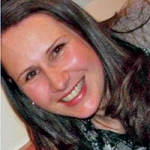
The Effects of Stress On The Mother-Baby Dyad

Elissa is a passionate osteopath, business owner and mentor.
Elissa has worked as an Osteopath in private practice in Melbourne since graduating in 1998.
She started her own multidisciplinary clinic in 2002, combining osteopathy with, massage, naturopathy, kinesiology and counselling. In 2015 Elissa merged her business with a local podiatrist and started The Balwyn Health Hub.
She is well known for her treatment of children and pregnant women although her patient base also includes a strong focus for; the family unit, the elderly, performers, athletes and the chronically ill. Her special interest in osteopathic diagnostic reasoning often helps patients understand why chronic dysfunctions are not healing.
Elissa's passion for working with pregnant women, babies and children allows close professional relationships with lactation consultants, midwives and doulas which has led to her guest lecturing at a number of multidisciplinary conferences.
The stresses faced by each new mother will reflect her unique experience of conception, pregnancy and birth and these stresses can significantly influence the mother-baby bond. Even the most well researched birth plan can be subject to variations and complications that will inevitably put additional stress on the mother. Difficulty breastfeeding is often one of the first signs of stress on the mother-baby unit; it’s success or failure can drastically influence the early bonds made between the dyad. The neuroendocrine system has many ways of responding to these stresses and knowledgable manual therapists have an opportunity to support both the mother and baby towards optimal physiology.
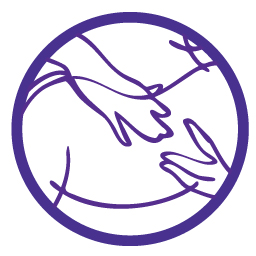
View Details / Enroll





